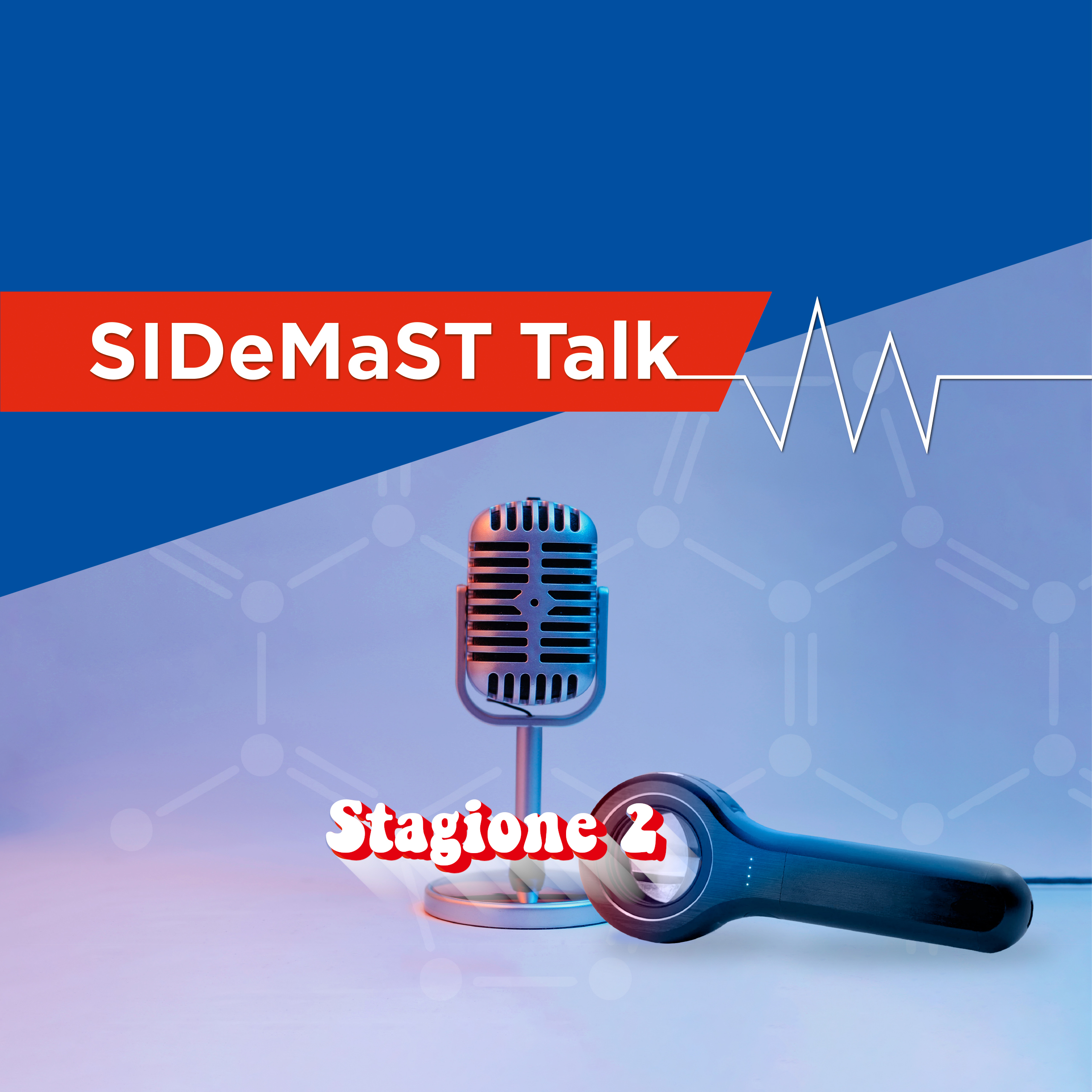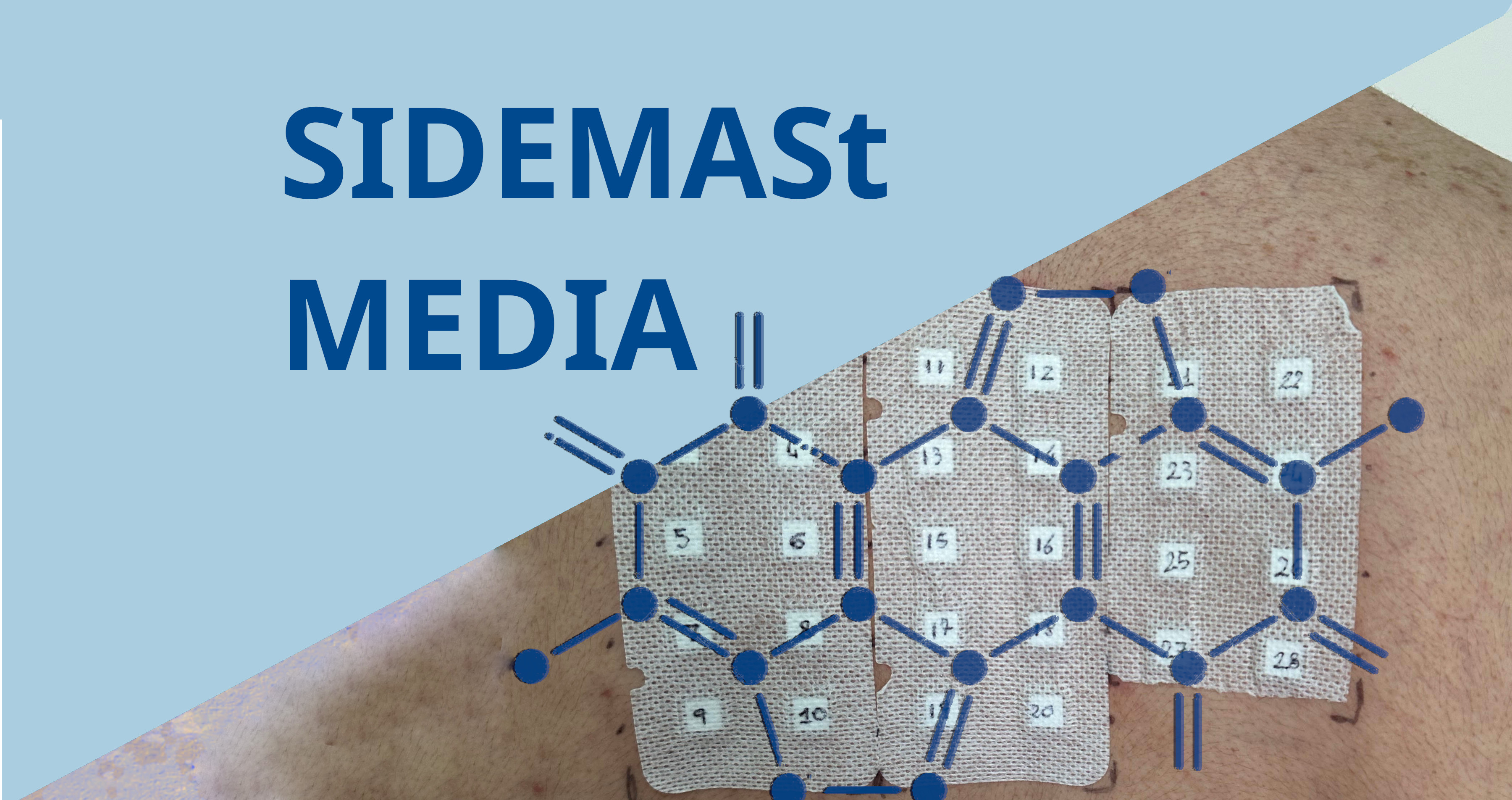Despite the success of immunotherapies based on blocking the programmed cell death 1 (PD-1) receptor protein in patients with metastatic melanoma, more than half do not experience a lasting benefit by seeing their tumours shrink. One possible reason the drug doesn't work well for all patients is that these PD-1 blocking drugs lack a biological effect in many patients.
However, new studies now indicate that 80% of these patients do, in fact, have an increase in the number of responding T cells to these types of treatments. The PD-1-targeting antibody pembrolizumab is a checkpoint inhibitor drug that takes the brake off the PD-1 receptor to allow T cells to replicate and react more strongly to cancer cells.
But why the considerable disconnect between shrinking tumours and ballooning T cell numbers in this patient population? A new study published in Nature provides clues that could enhance physicians' ability to pinpoint, in real-time, which patients are not responding to therapy -- and intervene with additional drugs to boost the chances of shrinking tumours.
"We found that the size of the pre-treatment tumour determined how strong of a T cell response was needed in response to the drug to shrink a patient's tumour," said senior author E. John Wherry, PhD, Parker Institute for Cancer Immunotherapy, University of Pennsylvania Perelman School of Medicine, Philadelphia, Pennsylvania. "The bigger the tumour, the more T cell 'reinvigoration' was needed by the drug. The 'clinical failurè that many patients experience was not solely due to an inability to spur the immune system, but rather resulted from an imbalance between the intensity of T-cell reinvigoration and initial tumour burden."
The researchers used immune profiling of peripheral blood from patients with stage IV melanoma before and after treatment with pembrolizumab. The team identified changes in circulating T cells compared with tumour size at the start of treatment. They studied changes in the blood of 47 patients (29 at Penn's Abramson Cancer Center and 18 from Memorial Sloan Kettering, New York, New York). The relationship between these 2 measurements provides new insights into the response to this type of immunotherapy.
"This research helps to answer some of the critical questions around why some patients don't respond to anti-PD1 inhibitors and why some do," said co-author Jedd Wolchok, MD, Parker Institute for Cancer Immunotherapy at Memorial Sloan Kettering. "We wanted to understand what was happening to the immune system of patients that were treated with an anti-PD 1 antibody and to characterise the immunologic changes that were happening in these patients."
When patients with melanoma fail to respond to the PD-1 blockade, it is not all for the same reasons. By relating the re-invigoration of the immune response to tumour burden, these findings highlight three specific ways a checkpoint inhibitor treatment can fail: it does not elicit a re-invigorated immune response, the immune effect is inadequate compared to the size of the tumour, or the drug effect is off target.
"The beauty of this study is that we can now define different types of treatment failure earlier to quickly tailor a secondary treatment regimen based on the type of therapeutic failure," said Dr. Wherry.
After 3 to 6 weeks of treatment, oncologists will be able to use this approach to tell if a patient is in the half that benefit from the drugs, which is 6 weeks earlier than the normal 12-week endpoint in PD-1 clinical trials. If a patient is not being helped by pembrolizumab, physicians would then be able to start them on another type of drug to amplify the immune call-to-action of the first drug by matching the type of additional treatment to the type of failure in the first PD-1 blockade treatment.
"This is an entirely new disease treatment paradigm -- matching the pre-treatment size of the tumour to the strength of the immune response [to the treatment itself] as a way to define types of treatment successes and failures," said Dr. Wherry. "In addition, by focusing on the clinically relevant, but rare cell type in the blood that is the likely biological target of PD-1 blockade -- 'the exhausted' T cell -- we were able to gain insights into immunological events occurring at distant tumour sites during treatment."
SOURCE: Penn Medicine











